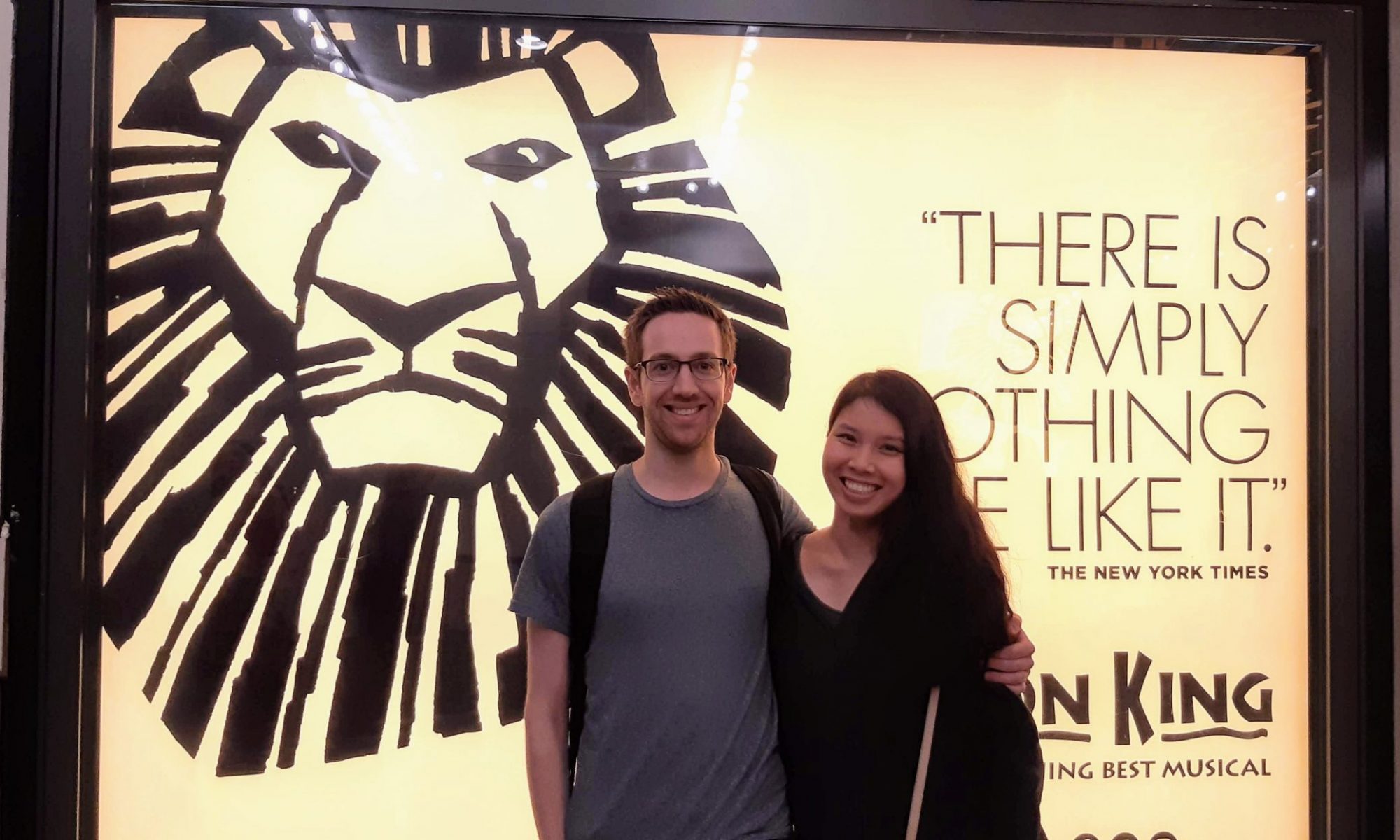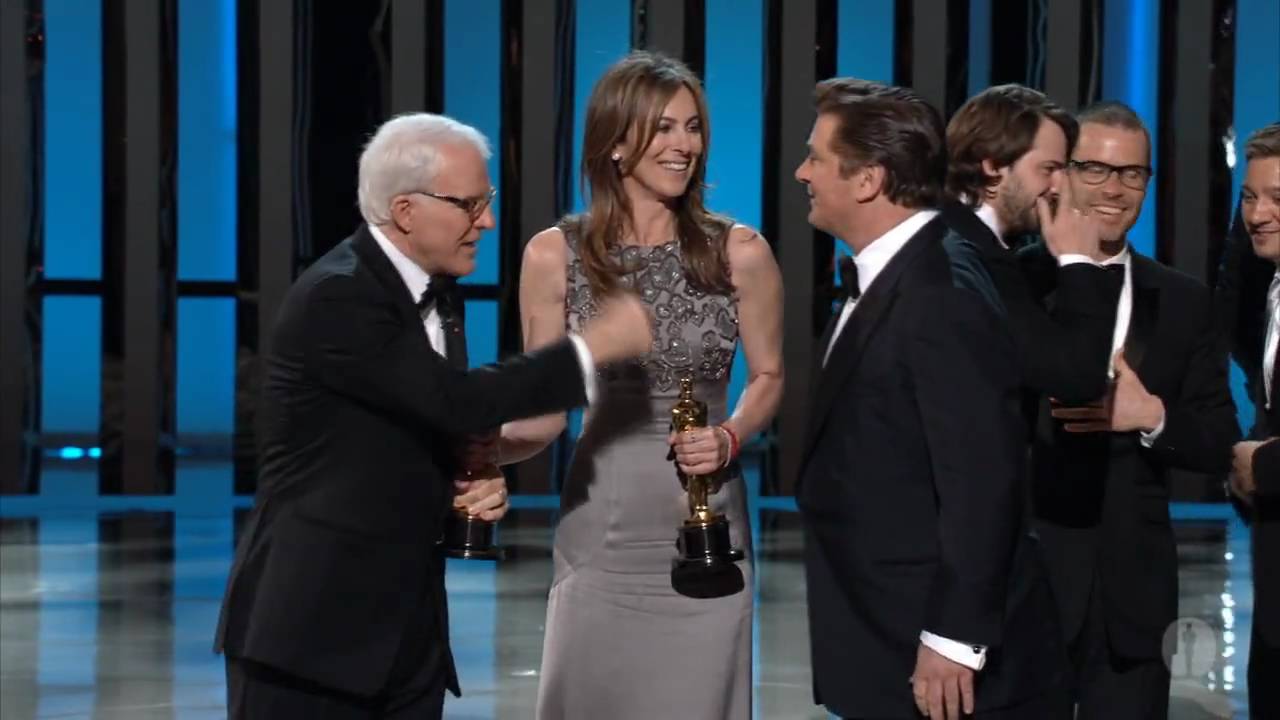The 2010 ceremony took place on Sunday, March 7, 2010, and was hosted by Alec Baldwin and Steve Martin. It was the 82nd Academy Awards and celebrated the best films released in 2009. You can see the list of all winners and nominees here.
Honestly, I have to say that while it made sense on paper to invite veteran host Steve Martin along with newcomer Alec Baldwin, the duo ended up being quite forgivable without many highlights coming from their speeches and monologue.
Best Picture category revamped
After the backlash from The Dark Knight Best Picture snub of the previous year, the Academy changed their rules to increase from 5 to 10 nominees for the category. This would increase the chance of popular blockbusters to be nominated for the top category. The category had 5 nominees since mid-1940s. Of course, this strategy worked: the massive hit Avatar ended being nominated, which probably helped the ratings being an all-time high in years. It also made it so that animated film Up was nominated, the second animated film ever nominated for the top category after Beauty and the Beast (1991).
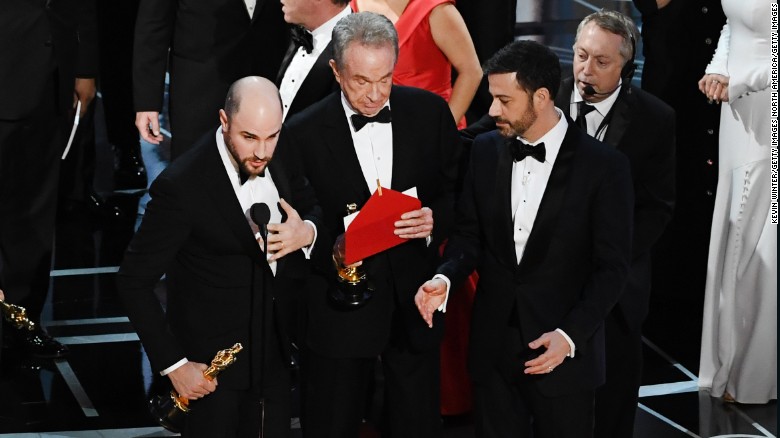
Another significant change was the change of the voting system: the Best Picture category would now be voted through a preferential ballot system rather than the first-past-the-post (winner takes all) system that is still in place for every other category. This is a significant change that created a huge shift in the types of winners we’ll see in the following years, with safer, less divise, lower budget movies triumphing over showy, more expensive front-runners. The reason is that with preferential ballots, often the winner ends up being the one that shows up the most on #2 and #3 positions rather than passionate and divise movies that will either be #1 or last on the ballot. A lot of voters have admitted to gaming the system where they will purposefully rank the front-runner last to ensure it does not win.
Finally, another side effect of this rule change is that it created a split between Best Picture and Best Director wins, two categories that used to go hand in hand. Since the Best Director is still decided based on the first-past-the-post system, we’ll often see a different winners in the two categories after the change, with the Best Director winner being the overall front-runner and the Best Picture winner being the underdog getting a lot of #2s and #3s on the ballots (see Revenant vs Spotlight, La La Land vs Moonlight and Roma vs Green Book).
A Battle of the Divorcees
The two main contenders of the night were Avatar and The Hurt Locker, both tied at 9 for the most nominations. Avatar was of course the favourite in most technical races, given its groundbreaking 3D visual effects and its huge budget, more than 15 times higher than The Hurt Locker’s.
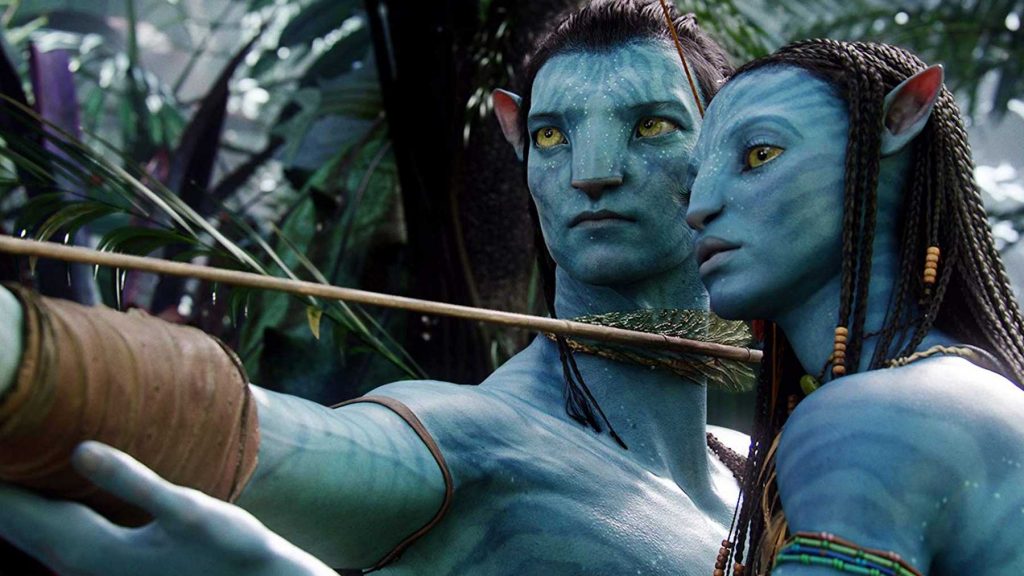
What was most interesting was the director’s race, where ex-wife Kathryn Bigelow was up against ex-husband James Cameron. Cameron started award season well by winning the Golden Globe, but the tide changed after Bigelow won the DGA. The narrative definitely helped Bigelow: no woman had ever won the Best Director Oscar. She ended up winning, and is still to this day the only female Best Director winner, a woman deserving of this title but I do hope more win this award in the future.
The Little Indie That Could
I know, many Best Picture winners, especially in recent years, can be called a small, low budget, independent film. But the fact that it was up against Avatar makes it all the more true: The Hurt Locker really was David vs Goliath and with 6 Oscars including Best Picture and Best Director, it was undoubtedly the biggest winner of the night.
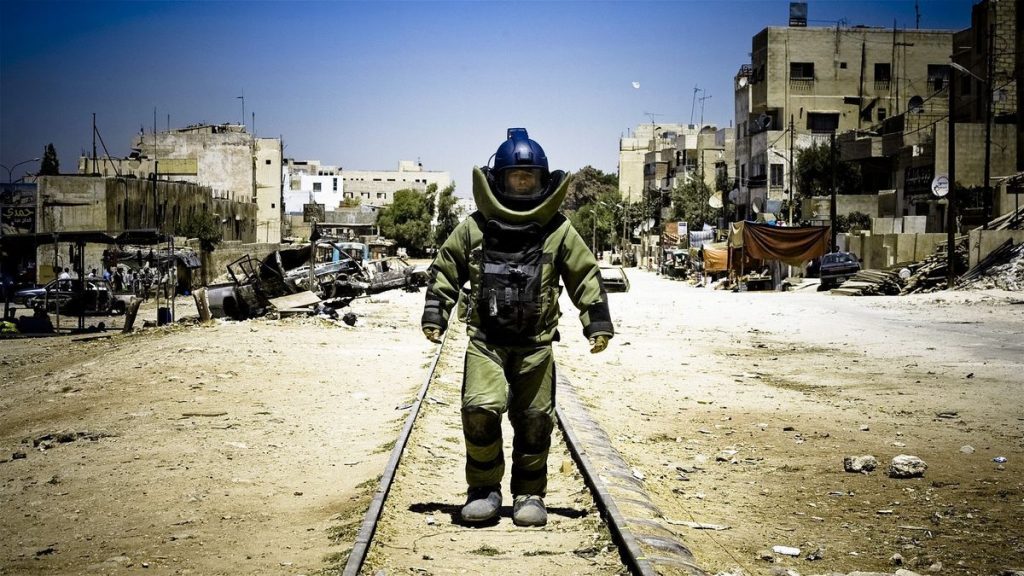
Even more surprising is the number of below the line categories it surprisingly won. The Academy surely were impressed with what they accomplished with their small budget given that it beat Avatar for Film Editing, Sound Editing and Sound Mixing. It also beat Inglorious Basterds for Original Screenplay, a category where Tarantino is a strong contender.
Personally, I am happy with the Academy’s decision. I think awarding Avatar would not have aged particularly well, given how lackluster its story was and how dated the visual effects look nowadays. I also think it was a timely film, with the war in Iraq and Afghanistan still being fresh in everyone’s mind at the time. I also cannot understate the importance of Bigelow’s win in the Best Director race, given how male-centric this profession has been and remains to be to this day. Looking back at female nominees over the year, I think she is by far the most worthy to win, and I hope it encouraged more women filmmakers to join the industry and fill the gap.
I must disagree with their Best Original Screenplay decision however. While it’s not like Tarantino lacks Oscars, I do think its screenplay is better and has stood the test of time. I am ecstatic that Christoph Waltz won however, such a deserving win, he really made that movie. A lot of people have strong opinions about Sandra Bullock winning here, and I do agree that she’s essentially playing herself in The Blind Side, but I don’t know who you would award the Oscar to instead? It wasn’t the most competitive year in that category so I’m fine with her winning.
